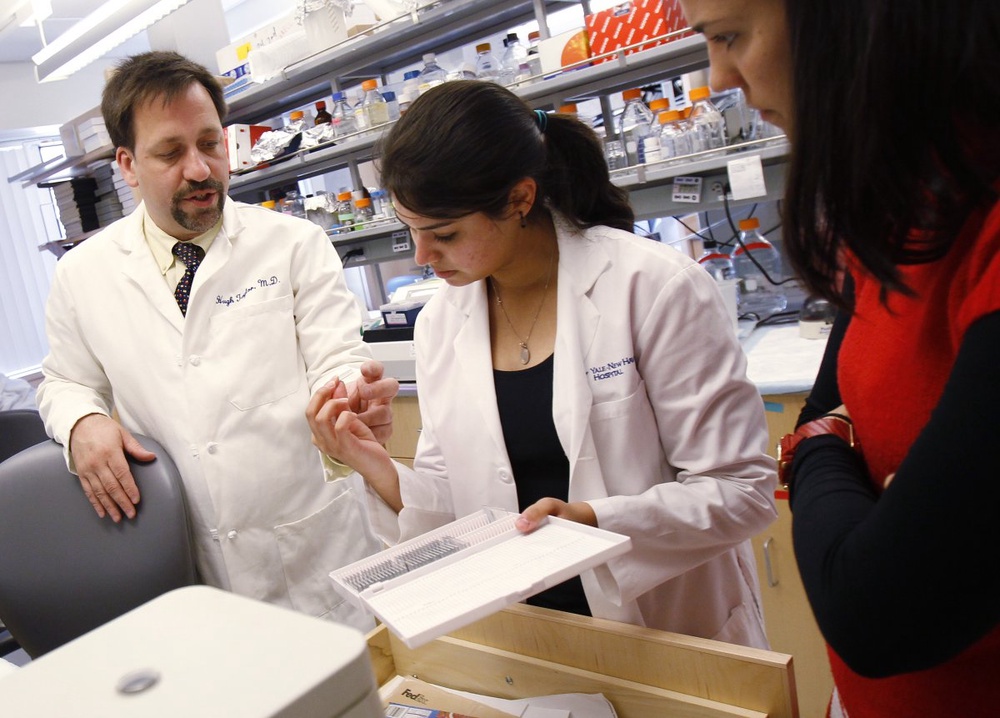
A common treatment for irregular heartbeats may have a serious side effect: a new study out Tuesday showed it could increase the risk for certain cancers, especially among men, AFP reports. The research, published in the US journal CANCER, found that individuals taking a high dose of amiodarone for a long time had twice the risk of developing cancer as those taking a low amount of the drug. And the numbers were especially high among men who had taken the drug daily at high doses for the first year. The problem appears to arise from the fact that the medication is fat-soluble and degrades very slowly, leaving large amounts to accumulate in the body after a long-term prescription. Previous research had indicated a link between the drug and lung masses, thyroid cancer and skin cancer, but there had been no large-scale studies to tackle the question. The researchers, led by Vincent Yi-Fong Su of the Taipei Veterans General Hospital in Taiwan, followed 6,418 individuals taking the drug for an average of around two and a half years between 1997 and 2008. None of the participants had previously been diagnosed with cancer. Of those patients, a total of 280 participants developed cancer. The authors stopped short of recommending against the use of the drug, which is sold under the brand name Nexterone by Baxter Healthcare Corporation, saying the question warrants further study. "We suggest that cancer events should be routinely reported in future amiodarone trials, and further observational research is necessary," said Su. But, he added, "when prescribing amiodarone, doctors need to keep in mind that this medication may increase cancer risk."





A common treatment for irregular heartbeats may have a serious side effect: a new study out Tuesday showed it could increase the risk for certain cancers, especially among men, AFP reports.
The research, published in the US journal CANCER, found that individuals taking a high dose of amiodarone for a long time had twice the risk of developing cancer as those taking a low amount of the drug.
And the numbers were especially high among men who had taken the drug daily at high doses for the first year.
The problem appears to arise from the fact that the medication is fat-soluble and degrades very slowly, leaving large amounts to accumulate in the body after a long-term prescription.
Previous research had indicated a link between the drug and lung masses, thyroid cancer and skin cancer, but there had been no large-scale studies to tackle the question.
The researchers, led by Vincent Yi-Fong Su of the Taipei Veterans General Hospital in Taiwan, followed 6,418 individuals taking the drug for an average of around two and a half years between 1997 and 2008. None of the participants had previously been diagnosed with cancer.
Of those patients, a total of 280 participants developed cancer.
The authors stopped short of recommending against the use of the drug, which is sold under the brand name Nexterone by Baxter Healthcare Corporation, saying the question warrants further study.
"We suggest that cancer events should be routinely reported in future amiodarone trials, and further observational research is necessary," said Su.
But, he added, "when prescribing amiodarone, doctors need to keep in mind that this medication may increase cancer risk."

 +7 (777) 001 44 99
+7 (777) 001 44 99















































